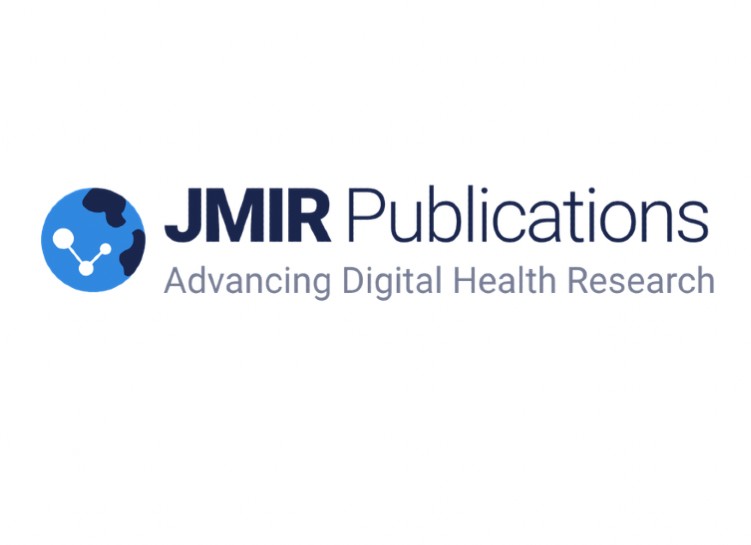The World Health Organization has deemed antibiotic resistance, which is primarily caused by antibiotic overuse, to be one of the world's most pressing health problems. Antibiotic overuse is widespread; approximately one-third of all antibiotics prescribed in US outpatient settings are unnecessary. Care providers have admitted to prescribing antibiotics—even when antibiotics are unnecessary—when they assume that patients will be unsatisfied without an antibiotic prescription. However, care providers' assumptions about a patient's expectations frequently do not match patients' actual expectations for an antibiotic. Furthermore, prior literature on patient satisfaction and provider-patient communication have suggested that there are other factors that drive patient satisfaction. For example, Welschen et al found that receiving information or reassurance was more strongly associated with satisfaction than receiving an antibiotic prescription in primary care. Ong et al found that patient satisfaction was not related to the receipt of antibiotics but was related to the belief that patients had a better understanding of their illness. Stearns et al found that patients generally had equal levels of visit satisfaction regardless of their antibiotic treatment status.
Questioning the Yelp Effect: Mixed Methods Analysis of Web-Based Reviews of Urgent Cares
October 8, 2021


